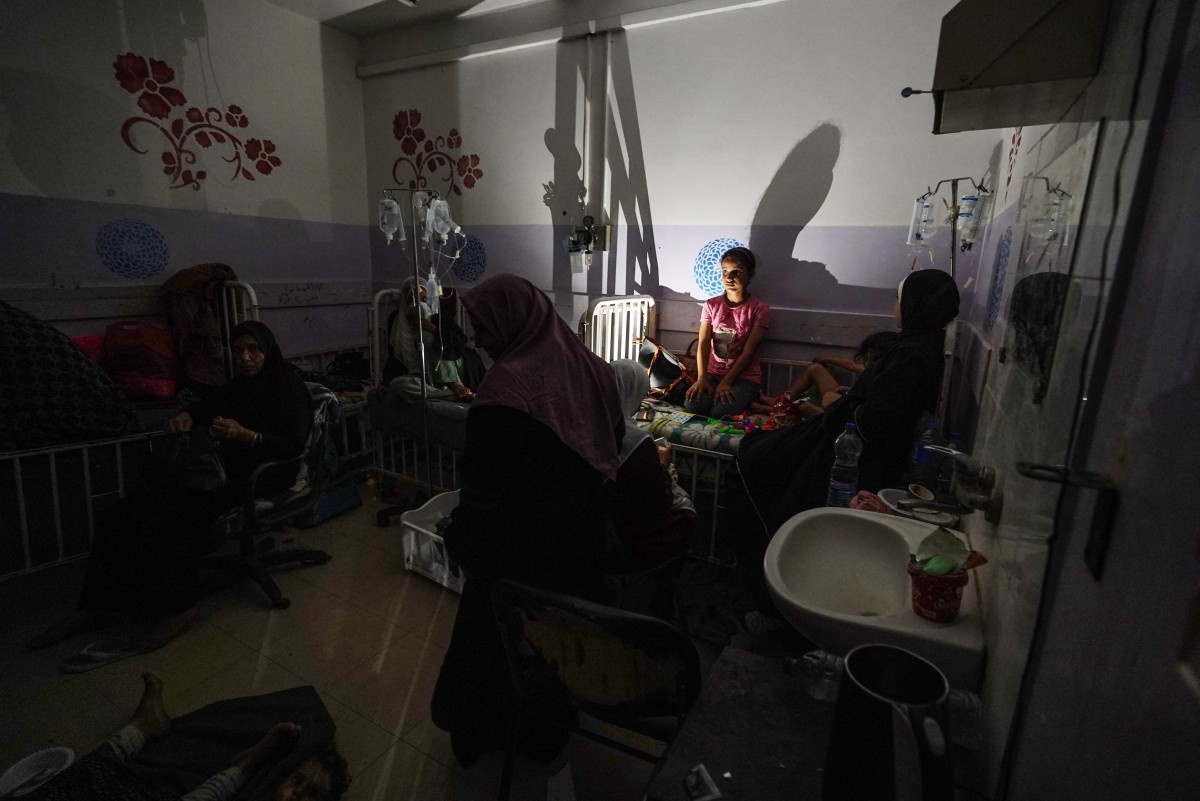Hospitals in Gaza are facing a critical shortage of medical supplies, according to Dr. Rik Peeperkorn, the World Health Organization (WHO) representative in Palestine.
The situation is compounded by continuous Israeli military actions, notably following a recent airstrike at a displacement camp in Tal as-Sultan that resulted in numerous deaths.
Dr. Peeperkorn expressed concerns about the inadequate supply of essential medical items during his address at the World Health Assembly in Geneva.
“We have distributed a substantial amount of essential medical supplies, but it is insufficient against such an overwhelming disaster,” he said.
The Israeli closure of Rafah, the main aid crossing, significantly hinders the delivery of medical and humanitarian aid into Gaza.
Dr. Peeperkorn pointed out the lack of facilities to treat severe burns and trauma in Gaza. At the International Medical Corps (IMC) field hospital, about a third of the treated patients were in very critical condition, underscoring the severity of the healthcare crisis.
“You can only do so much in Gaza. And when it comes to really extensive burns, etcetera, there’s no place currently in Gaza where that can be treated,” Dr. Peeperkorn said.
Dr. Peeperkorn urged for the reopening of the Rafah crossing to allow trucks filled with WHO supplies, currently stalled in El Arish, Egypt, to enter Gaza.
“There are 60 WHO trucks standing in El Arish ready to get into Gaza. So again, this plea: the Rafah crossing needs to be opened not just for medical supplies, but for all other humanitarian supplies,” he said.
The United Nations reports that recent hostilities have displaced over a million people in Gaza, who now lack basic necessities such as shelter, food, and water.
Health facilities, overwhelmed by the influx of casualties, face shortages of fuel and medical supplies, further complicating their response.
As the conflict approaches its eighth month, the WHO stressed the importance of a ceasefire to begin the reconstruction of Gaza’s health system.
“We need to think differently about how we get supplies into Gaza, including specific medical equipment,” Dr. Peeperkorn said.







